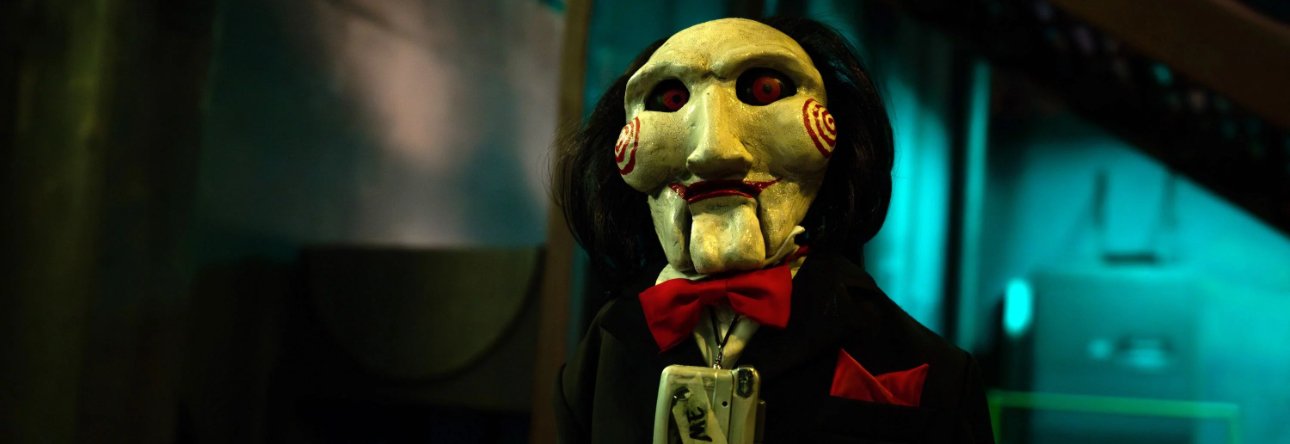Earlier this week, Alice Wu's “The Half of It,” which premiered Friday on Netflix, won the Founders Award for best U.S. narrative feature at this year’s digital-only edition of the Tribeca Film Festival.
Back in 2004, Wu released “Saving Face,” a personal rom-com about teenage sexual identity that got a very limited release by Sony Pictures Classics. More than sixteen years later, Wu is back in the director’s chair for her sophomore feature.
A Netflix film based on the 1897 play by Edmond Rostand “Cyrano de Bergerac,” Wu goes back to the rom-com genre, tackling a play that’s been adapted to death, but with fresh new eyes, taking on an unconventional love triangle that purposely feels pertinent to today’s world. The Cyrano of this story is Ellie Chu (the talented Leah Lewish), a shy teen who becomes involved in a love triangle between her dimwitted but harmless neighbor Paul (Daniel Diemer), who asks her to write love letters to the beautiful and mysterious Aster (Alexxis Lemire). The well-written letters start to pour out and Aster becomes smitten and attracted to Paul, but it soon becomes clear that Ellie also has a major crush on Aster.
Although “The Half Of It” sticks to the Netflix teen rom-com schema (auburn photography, hipster-portrait framing, and ‘80s romcom nostalgia), Wu barely transcends those clichés and gives us only a few gleaming moments of humane honesty. The film is a strong, warm-hearted, and progressive-minded Netflix teen movie, but it just doesn’t really adhere to the cinematic sensibilities of the best of this genre (10 Things I Hate About You, The Edge of Seventeen) — rather, it feels more like an algorithm-compiled product, one in which you have to suspend disbelief and be won over by a story that feels incomplete and devoid of fully-fleshed characters.
The best U.S. narrative feature screenplay award went to writer-director Anna Kerrigan for “Cowboys,” a film that also earned Steve Zahn the best actor award. An intimate neo-Western set in Montana, “Cowboys” is a poignant and unique take on a father/son relationship. It tackles the progressive themes that indie fests such as Sundance, SXSW, and Tribeca now love to program.
Zahn plays Troy, an unstable but caring and forgiving father, especially when his 11-year-old preteen daughter, Josie “Joe” (Sasha Knight) comes out as trans. However, Joe's mother Sally (Jillian Bell), now separated from Troy, will have none of it; she neglects the fact that Joe identifies as a boy and even refers to him in female pronouns. Sally starts to lose her patience when Joe decides that classic all-denim cowboy clothing suits his style best. Troy’s total acceptance of his trans son is pushed back by Sally straitjacketing Joe into the strict social norms that she grew up with, while blaming Troy, who already has issues controlling his diagnosed bipolar disorder, for "filling her head with cowboy stories."
This kind of behavior from Sally leads to a rebellion from Joe and Troy. She wakes up one morning only to discover that her child is gone, but when reporting the incident to Detective Faith Erickson (Ann Dowd), Sally gives her an older photo and neglects to tell her that Troy is now a boy. With an AMBER alert about the missing child raging on, father and son have escaped, journeying through the Montana wilderness on horseback and headed towards the Canadian border for a better life.
A screenplay win feels about right for this movie. Despite the slow start, the movie picks up as the stakes intensify. Kerrigan edits the action between the outlaw pair and flashbacks recounting Sally and Troy’s tumultuous life together before and after their child decided to transition. This helps keep the audience on its toes, as more revelations surface covering the reasons why this family became such a shattered entity.
Casting a child who identifies as trans or non-binary in the key role of Joe is great and Knight is more than up to challenge to take on this complicated role. However, the wig Knight has to wear at the start of the film, showcasing a girl in a major identity crisis, looks inauthentic, and distracts the viewer. Couldn’t Kerrigan have just had Knight’s hair grow to shoulder length instead of donning that ridiculous wig?
The world cinema competition may have awarded its biggest prize to Jan Komasa’s excellent new film “The Hater,” but, quite curiously, another movie stole its thunder when the awards were announced.
Ruthy Pribar's “Asia,” from Israel, won three prizes: the Nora Ephron Award, for spirit and vision; best actress in an international narrative feature (Shira Haas); and best cinematography in an international narrative feature (Daniella Nowitz).
Although from Israel, Pribar’s feature-length debut isn’t at all a political film. Instead, Pribar focuses on the relationship of the title character (Alena Yiv), a single and young mother with a teenage daughter named Vika (Shira Haas). Asia is a certified nurse who leads a life of partying, and sex, but has a sudden change of priorities when her Vika is diagnosed with a degenerative motor disease.
This is a tragic film that strips off any kind of Hollywood flash for more subdued and sobering filmmaking. “Asia” is primarily about a mother who has to confront the inevitable: the death of her daughter. Pribar tries to avoid the “teen death drama” clichés the best she can by bringing artful subtlety and restraint to her film. She struggles a bit to find a groove at the start; the set-up is familiar, encompassing Vika’s teenage rebellion, but as the stakes get higher, her daughter’s health deteriorating to the point of being wheelchair-bound, the film turns to the struggles and ultimate bond between mother and daughter.
Haas, most recently seen as the young Hasidic rebel on Netflix’s “Unorthodox,” is more subdued here, finding a balance between teenage angst and then the sobering realization of her debilitating mortality. A set of wrenching moments lead to a finale filled with sobering courage and love, one of the hardest and most heartbreaking scenes I’ve had to watch in any movie this year.
A full list of this year's Tribeca winners is available here.





